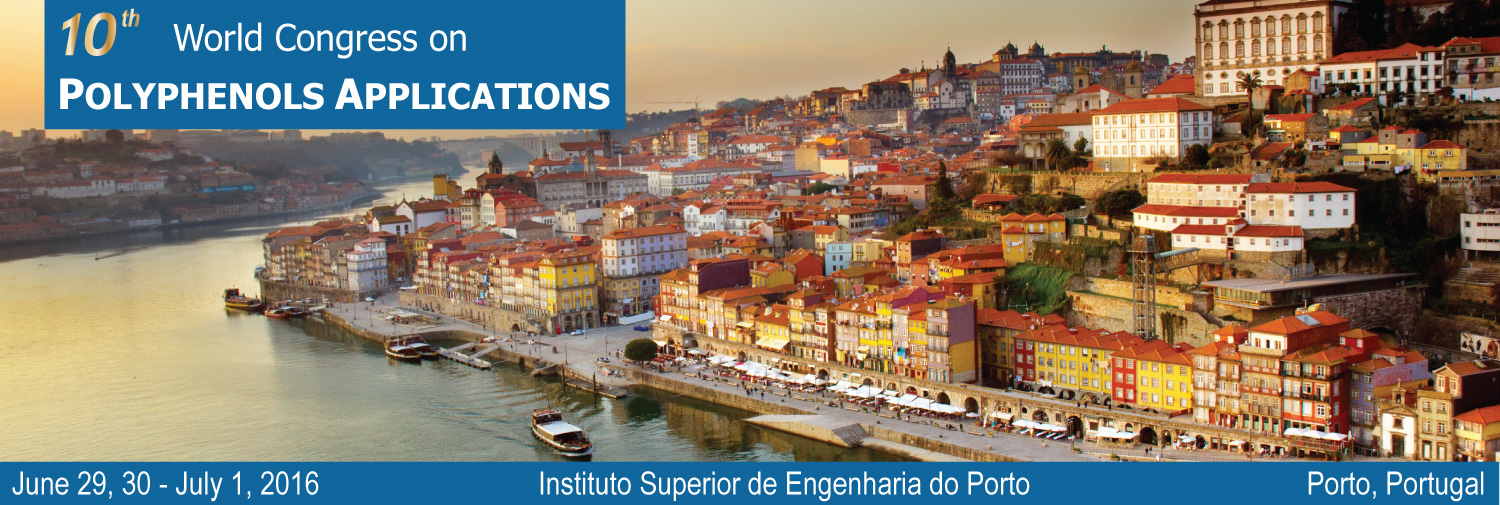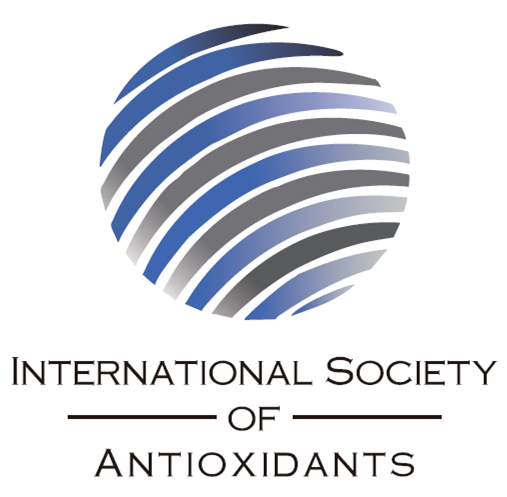News
Porto Polyphenols 2016: Concluding Remarks by Pr Andreas Schieber
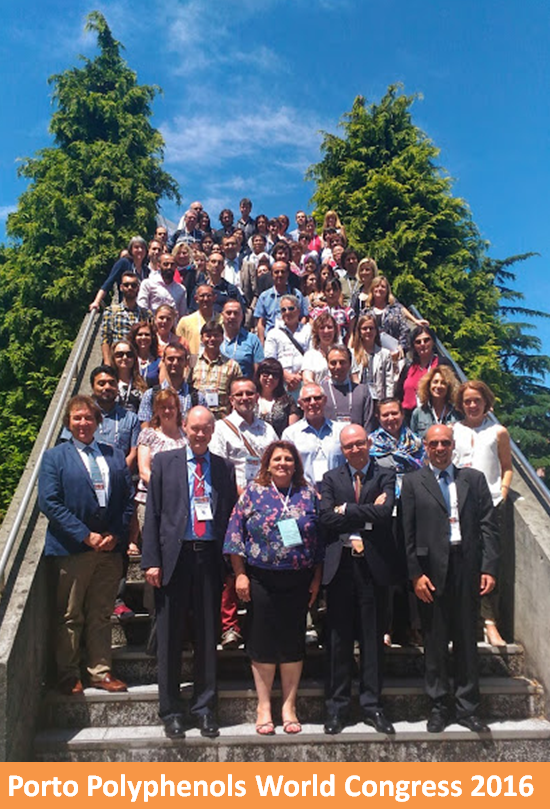 The 10th International Conference on Polyphenols Applications took place in Porto, Portugal, from June 29 to July 1, 2016 under the auspices of the International Society for Antioxidants in Nutrition and Health (ISANH).
The 10th International Conference on Polyphenols Applications took place in Porto, Portugal, from June 29 to July 1, 2016 under the auspices of the International Society for Antioxidants in Nutrition and Health (ISANH).
Dr. Marvin Edeas, President of ISANH, Dr. Andreas Schieber, President of Porto Polyphenols 2016, Dr. Fernanda Borges and Dr. Jorge Garrido, the local organizers from the University of Porto welcomed more than 300 academics and industry representatives from 27 countries at Porto Instituto Superior de Engenharia do Porto.
Taking into consideration recent advances in research on polyphenols, Porto Polyphenols 2016 covered as oral and poster presentations topics of utmost interest, for example, bioavailability and metabolism, extraction of polyphenols from by-products, role of polyphenols in health and disease, and polyphenols applications in foods and beverages. Short oral presentations greatly enriched the congress by addressing additional topics.
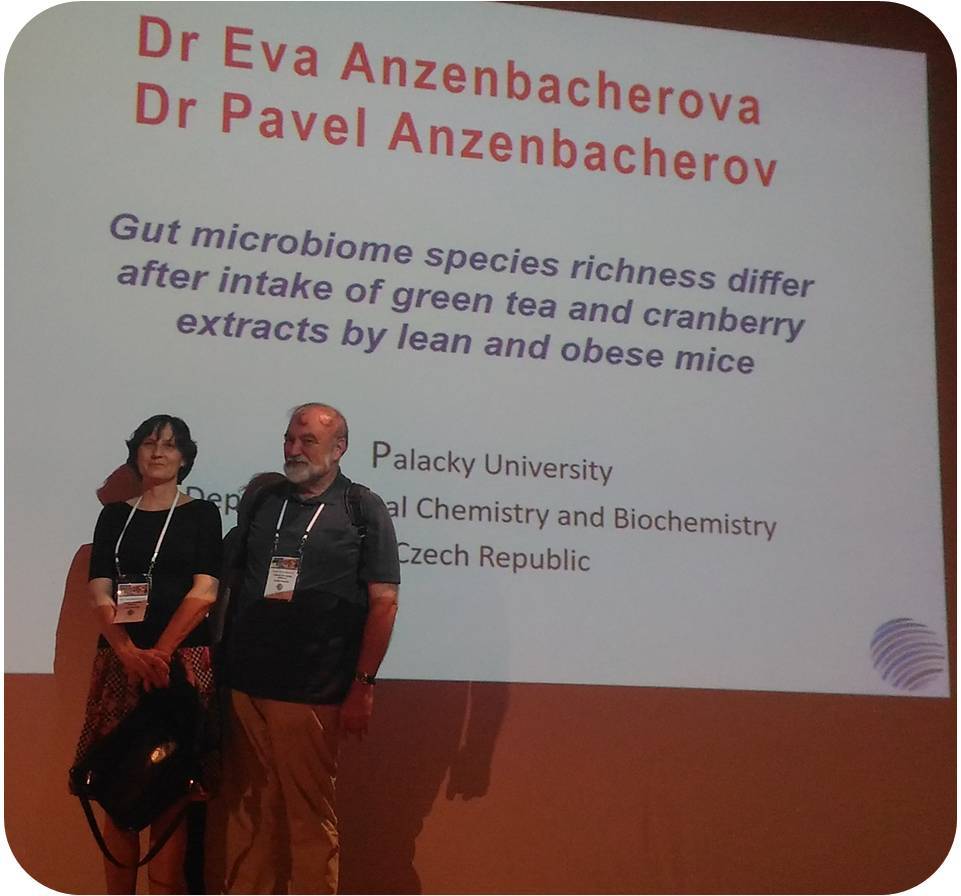 The 2016 Poster Award was bestowed upon Dr Eva Anzenbacherova and Dr Pavel Anzenbacherov, from Palacky University, Department of Medical Chemistry and Biochemistry, Czech Republic for their presentation about Gut microbiome species richness differ after intake of green tea and cranberry extracts by lean and obese mice.
The 2016 Poster Award was bestowed upon Dr Eva Anzenbacherova and Dr Pavel Anzenbacherov, from Palacky University, Department of Medical Chemistry and Biochemistry, Czech Republic for their presentation about Gut microbiome species richness differ after intake of green tea and cranberry extracts by lean and obese mice.
The scientific committee and the local organizers expressed their appreciation to all participants for their excellent contributions, which made also the 2016 edition of the International Conference on Polyphenols Application a success.
Please click here to visit the 3-days Porto Polyphenols Congress photos.
Please click here to access to the final program of Porto Polyphenols Congress.
We look forward welcoming for the 2017 world congress.
Porto Polyphenols Secretariat
Come & network with academics and industrial stakeholders during Porto Polyphenols Congress

On behalf of the Organizing Committee, we are pleased to inform you about the updated list of universities & companies who will attend Porto Polyphenols World Congress 2016:
Cara Partners, Centro Ricerche per la Chimica Fine Srl, FDT Consulting Engineers & Project Managers, GBT Spain, Herbalife, MIAVIT...
Rosemary extract: Recent advances and perspectives - Carnosic acid stimulates skeletal muscle cell glucose uptake via AMPK activation
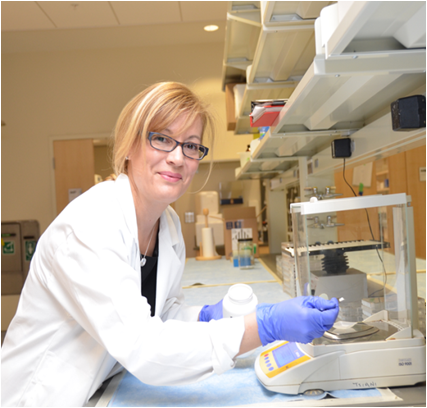 At Porto Polyphenols Congress 2016, Pr. Evangelia Litsa Tsiani from the Department of Health Sciences at Brock University in Ontario, Canada, will speak about Rosemary extract: Recent advances and perspectives - Carnosic acid stimulates skeletal muscle cell glucose uptake via AMPK activation.
At Porto Polyphenols Congress 2016, Pr. Evangelia Litsa Tsiani from the Department of Health Sciences at Brock University in Ontario, Canada, will speak about Rosemary extract: Recent advances and perspectives - Carnosic acid stimulates skeletal muscle cell glucose uptake via AMPK activation.
In her recent studies, Pr. Tsiani concludes the following: Compounds that increase the activity of the energy sensor AMP-activated kinase (AMPK) have the potential to regulate blood glucose levels. Rosemary extract (RE) has been reported to activate AMPK and reduce blood glucose levels in vivo.
In the present study, we measured the levels of the polyphenol carnosic acid (CA) in RE and examined the effects and the mechanism of action of CA on glucose transport system in muscle cells.
High performance liquid chromatography (HPLC) was used to measure the levels of CA in RE. Parental and GLUT4myc or GLUT1myc overexpressing L6 rat myotubes were used. Glucose uptake was assessed using [3H]-2-deoxy-D-glucose. Total and phosphorylated levels of Akt and AMPK were measured by immunoblotting. Plasma membrane GLUT4myc and GLUT1myc levels were examined using a GLUT translocation assay.
At concentrations found in rosemary extract, CA stimulated glucose uptake in L6 myotubes. At 2.0 µM CA a response (226±9.62% of control, p<0.001), similar to maximum insulin (201±7.86%, p<0.001) and metformin (213±10.74%, p<0.001) was seen. Insulin sensitivity was increase by CA. Akt phosphorylation was not affected by CA while AMPK phosphorylation was increased and the CA-stimulated glucose uptake was significantly reduced by the AMPK inhibitor compound C. Plasma membrane GLUT4 or GLUT1 glucose transporter levels were not affected by CA.
Our study is the first to show increased muscle cell glucose uptake and AMPK activation by low CA concentrations, found in rosemary extract, indicating that CA may be responsible for the anti-hyperglycemic properties of rosemary extract seen in vivo.
Influence of coffee consumption on DNA integrity in humans
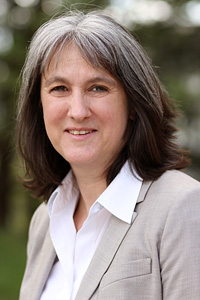 Pr. Elke Richling from the University of Kaiserslautern, Germany, will speak about the Influence of coffee consumption on DNA integrity in humans at Porto Polyphenols Congress 2016.
Pr. Elke Richling from the University of Kaiserslautern, Germany, will speak about the Influence of coffee consumption on DNA integrity in humans at Porto Polyphenols Congress 2016.
Pr. Richling concludes the following about her topic: Epidemiologic evidence suggests coffee consumption to be associated with reduced risk due to certain diseases, including diabetes type 2, Parkinson, and cardiovascular disease or various types of cancer. In human interventions studies we investigated effects of regular coffee consumption on DNA integrity in peripheral white blood cells (WBC) by the comet assay. During four weeks, volunteers daily ingested three large cups (250 ml) of a specific coffee blend, rich in both, green bean constituents and roast products. Controls received the same volume of water. The results allow the conclusion that regular coffee consumption is associated with markedly reduced DNA strand breaks, reflecting total as well as background DNA damage. In a recently performed short term study, when volunteers consumed four cups of coffee (200 ml) every two hours the results showed a significant reduction of background DNA strand breaks in comparison to baseline. Interestingly, this DNA protective effect was detected already two hours after the first coffee consumption.Taken together, our studies clearly showed that consumption of coffee reduces DNA damage in white blood cells of humans.
Mediterranean diet, dietary polyphenols and low-grade inflammation
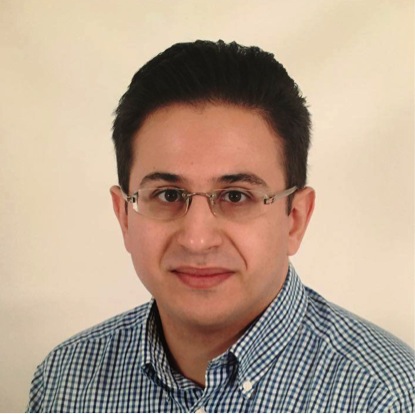 At Porto Polyphenols World Congress, Dr. George Pounis from IRCCS Istituto Neurologico Mediterraneo Neuromed, Italy will talk about Mediterranean diet, dietary polyphenols and low-grade inflammation: results from the Moli-sani study.
At Porto Polyphenols World Congress, Dr. George Pounis from IRCCS Istituto Neurologico Mediterraneo Neuromed, Italy will talk about Mediterranean diet, dietary polyphenols and low-grade inflammation: results from the Moli-sani study.
Dr. Pounis summarizes that dietary polyphenol should be appreciated as an important nutrient component of Mediterranean diet. Data from the Moli-sani Study, a population-based cohort study of 24.325 people living in the Molise region in Italy, support that flavonoid and lignan intake is negatively associated with a range of low-grade inflammation biomarkers. In addition, the elaboration of holistic/multi-dimensional approaches in the evaluation of the overall polyphenol content of diet and the low-grade inflammation status, confirmed these associations in a novel way and in a large epidemiological scale.
